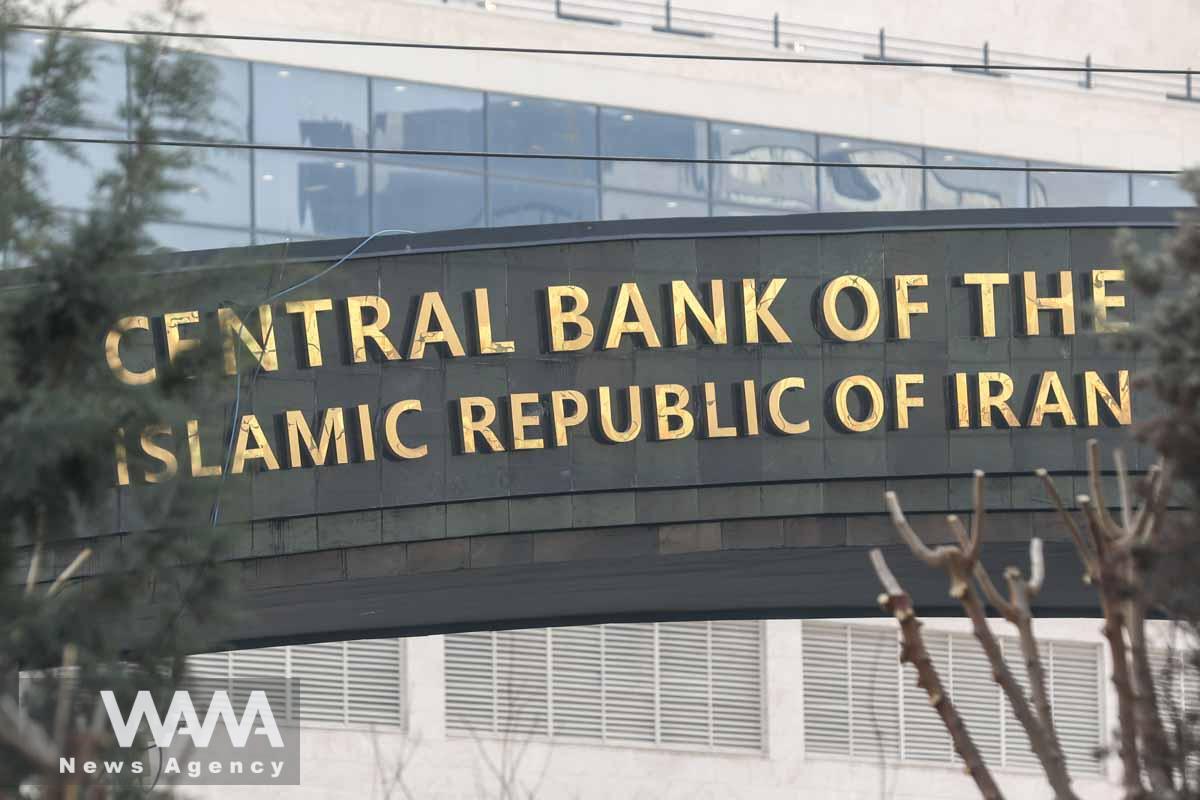Iran Ditches SWIFT, Strengthens BRICS Ties
WANA (Nov 25) – Mohammadreza Farzin, Governor of the Central Bank of Iran (CBI), announced significant measures to counter sanctions and strengthen international banking relations. Highlighting the challenges posed by sanctions, Farzin emphasized that recent efforts have preserved and expanded Iran’s financial ties with other nations.
Launch of the ACUMER System
Farzin revealed the introduction of a new currency exchange union messaging system, ACUMER, which became operational in October 2024. This system, designed as an alternative to SWIFT, incorporates SWIFT standards and facilitates seamless banking data exchanges with members of the Asian Clearing Union, including India and Pakistan.
Collaboration with BRICS and Enhanced Settlement Systems
The CBI governor stressed the shift away from Europe and the West in favor of strengthening ties with BRICS nations. He noted that BRICS’ 2025 strategy focuses on four main pillars, including increasing the use of local currencies and improving payment frameworks. Iran has initiated steps to settle trade in BRICS currencies and is actively contributing to the development of cross-border settlement platforms.

The “Mir” to “Shetab” Connection Model Could Also Be Implemented for Iraq and Turkey
WANA (Nov 11) – An advisor to the Governor of Iran’s Central Bank announced that Iran intends to apply the model of connecting Russia’s “Mir” banking network to Iran’s “Shetab” network for other regional countries, such as Iraq and Turkey. Speaking to reporters, he stated: “Given the extensive social interactions with countries like Iraq, […]
Integration of Iranian and Russian Banking Networks
Farzin highlighted the linkage of Iran’s Shetab payment network with Russia’s Mir system as a key banking achievement. This integration, planned in three phases, includes enabling Russian tourists to make purchases in Iran and extending similar services to Iranian travelers in Russia.
He also announced that Iran and Russia have eliminated the US dollar from bilateral trade, replacing it with local currencies, specifically the Iranian rial and Russian ruble.
Regulation, AI, and Cybersecurity
The governor outlined initiatives to leverage artificial intelligence for enhanced financial oversight, establish regulations for digital currencies, and bolster cybersecurity. “To counter persistent cyberattacks, we must utilize expert resources and strengthen public confidence in our banking system,” he stated.
Open Banking and Diversified Payment Systems
Farzin underscored the importance of open banking and collaboration with fintech companies as a priority. He also mentioned plans to diversify payment systems, including the integration of digital wallets and the central bank digital currency (CBDC).
He concluded by calling for more intelligent supervisory models for banks and exchanges, emphasizing the need for robust regulatory infrastructure.

Iran and Russia Strengthen Dedollarization with Banking Network Integration
WANA (Nov 13) – International media report that Iran and Russia have intensified efforts to reduce dependence on the dollar and conduct trade in their national currencies as a strategy against U.S. sanctions. Al Jazeera, in a report titled “Russia’s Mir Network in Iran…Will it replace the Swift system?,” noted that the integration of […]













User comments